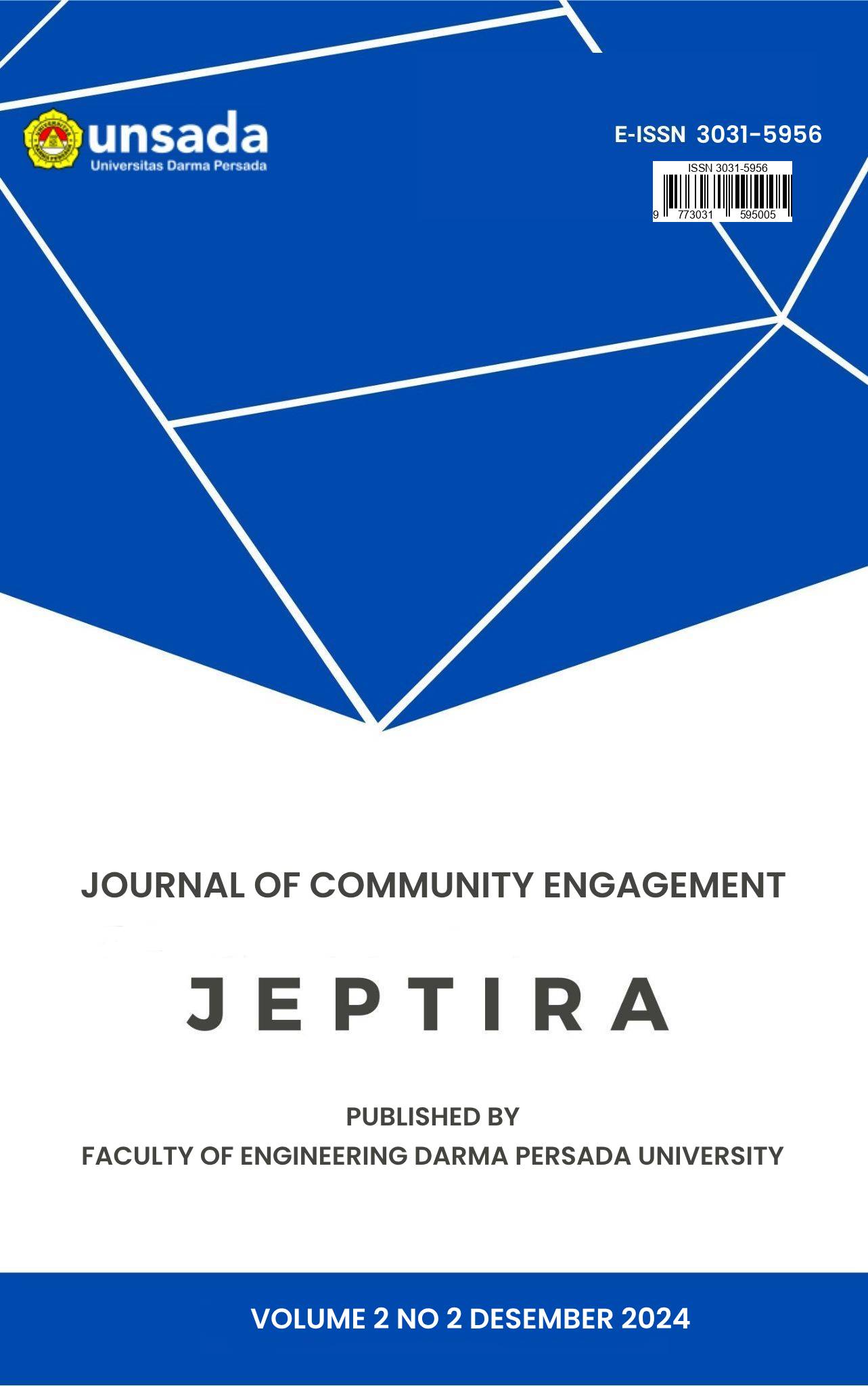The Validation of Office Administration for Teachers at MTs Al Watoniyah Bojong Village through the Use of Digital Signatures and Online Forums
Main Article Content
Abstract
Using digital signature apps and communication platforms such as Discord has become essential in supporting teachers' administrative work in the digital era. Digital signature apps allow teachers to sign documents quickly, securely, and legally without meeting face-to-face. This speeds up the approval process of documents such as report cards, decision letters, and other administrative forms, thereby increasing efficiency and reducing reliance on physical documents. Initially developed for the gaming community, Discord has become an effective communication platform in educational settings. Features like voice chat, video calls, and discussion channel settings allow teachers to collaborate with colleagues, hold online meetings, and manage classes virtually. Their integration supports teacher productivity in daily administrative tasks, especially in remote work. Applying these technologies strengthens teachers' digital literacy skills, reduces their administrative burden, and allows them to focus more on developing the teaching-learning process. Thus, using digital signature apps and Discord is an essential part of digital transformation in the increasingly dynamic world of education.
Article Details

This work is licensed under a Creative Commons Attribution 4.0 International License.
References
M. Vaskov, A. Isakov, V. Bilovus, A. Bulavkin, and N. Mikhaylenko, “Digital literacy of modern higher education teachers,” in E3S Web of Conferences, 2021. doi: 10.1051/e3sconf/202127312035.
M. Mohammadi, “Digital information literacy, self-directed learning, and personal knowledge management in critical readers: Application of IDC Theory,” Res. Pract. Technol. Enhanc. Learn., vol. 19, 2024, doi: 10.58459/rptel.2024.19004.
A. L. Putra, M. Muchtarom, and T. Rejekiningsih, “Using digital media in civics education learning subject to develop santri’s digital literacy at the age of technology disruption,” Int. J. Eng. Adv. Technol., vol. 8, no. 5, 2019, doi: 10.35940/ijeat.E1115.0585C19.
F. E. Siahaan and A. B. Simamora, “Development Of Interactive Teaching Media to Improve the Creativity of UHKBPNP Physics Education Students,” J. Educ. Teach. Learn., vol. 5, no. 2, 2023, doi: 10.51178/jetl.v5i2.1399.
I. Gupta, S. Kumar, A. Bishwas, and A. Debnandi, “A Study on Evaluating the Effectiveness of Pre- and Posttest Model of Learning Microbiology in a Tertiary Peripheral Medical College of West Bengal,” APIK J. Intern. Med., vol. 12, no. 1, 2024, doi: 10.4103/ajim.ajim_138_22.
G. Morris, S. Ehlers, M. Rudolph, R. Tormoehlen, and W. Field, “Pre/post-Test Evaluations of Agricultural Biosecurity Curriculum,” J. Agromedicine, vol. 29, no. 3, 2024, doi: 10.1080/1059924X.2024.2329153.

